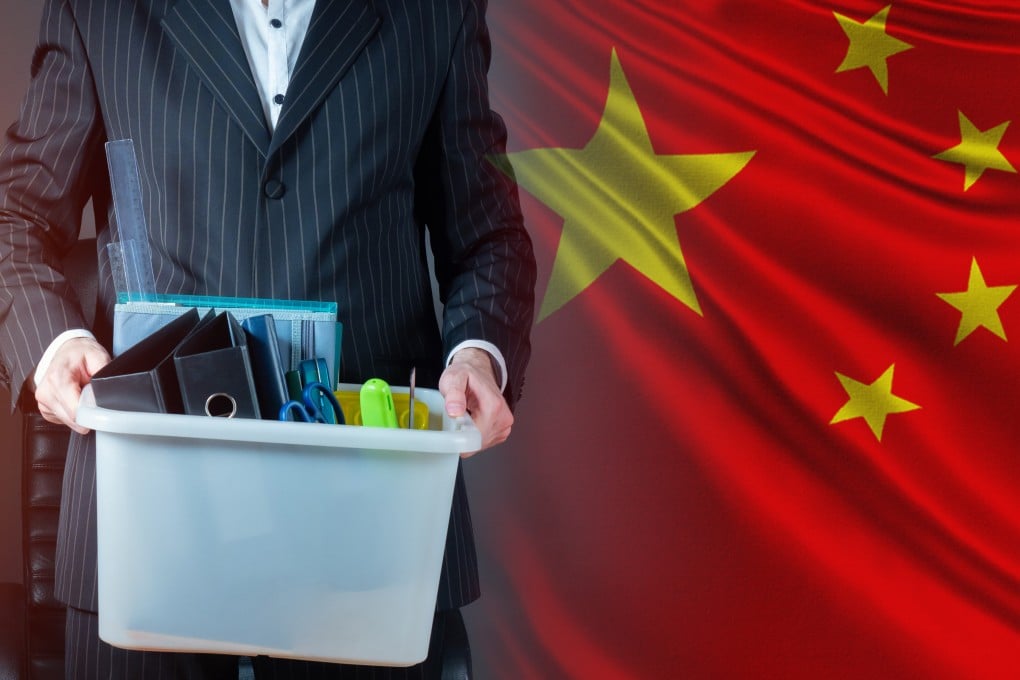Advertisement
China’s technology sector faces new round of lay-offs as global firms Ericsson, Tesla, Amazon and Intel continue to shed jobs
- Mainland China’s tech sector is bracing for a new round of job cuts at multinational tech companies Ericsson, Tesla, Amazon.com and Intel
- While Chinese Big Tech firms already laid off thousands in 2022 and 2023, a number of these companies could shed more jobs on the mainland
Reading Time:2 minutes
Why you can trust SCMP
7

Coco Fengin Beijing
Sweeping job cuts announced at major global technology companies – including Ericsson, Tesla, Amazon.com and Intel – are sending a chill through the industry in China, where mainland Big Tech firms are also conducting lay-offs.
Swedish telecommunications equipment maker Ericsson’s plans in China will involve cutting about 240 positions at its core network research and development (R&D) facility on the mainland, a company representative said in an email.
Ericsson, which last month announced it was axing about 1,200 jobs in its home market, is now “diversifying [its] R&D footprint in alignment to sales”, according to the representative, who added that the company “remains committed to our customers in mainland China” and that it is not exiting the market.
Advertisement
The firm had earlier indicated a contraction in 5G network equipment spending in large markets like the United States.

While China’s Big Tech companies already saw their payrolls shrink in 2022 and 2023 to rein in costs, a number of these firms have joined their multinational counterparts in shedding more jobs on the mainland.
Advertisement
Advertisement
Select Voice
Select Speed
1.00x